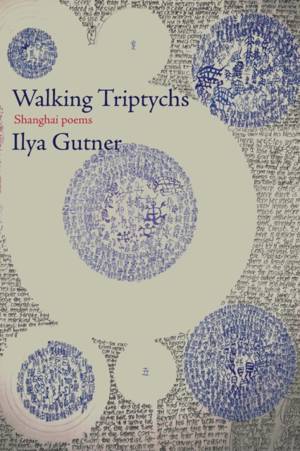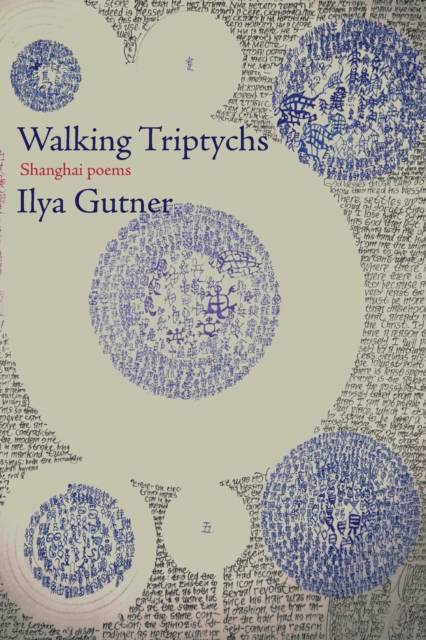
- Afhalen na 1 uur in een winkel met voorraad
- Gratis thuislevering in België vanaf € 30
- Ruim aanbod met 7 miljoen producten
- Afhalen na 1 uur in een winkel met voorraad
- Gratis thuislevering in België vanaf € 30
- Ruim aanbod met 7 miljoen producten
Omschrijving
These are poems from when I walked about Shanghai and thought about the meaning of the Holocaust. Why did I think about the meaning of the Holocaust? That is answered by what brought me to China in the first place. What brought me to China? Only the encounter with the plain reality that in the West the Nazis really won, under a hundred different names. Theirs was not a unitary thought. Gathering my own thoughts in a unity, I came to the conclusion that it does not matter if they won or not. No evil had been done except if we forget the evil. Why do we forget the evil? Because if I forget the evil which is at the roots of my life, it is easier to think that the temporary pleasures and worries that my life is filled with, are important. So that I can go and love myself, and not like other people, under a hundred different names, forgetting the simple meaning of the one name I was born with: Human. To be human is to have inherited the Holocaust; and to pretend this does not matter, is to prefer the inheritance of something other than humanity to be my innate name.
"Ilya Gutner's endeavor is to confront the enormity of the world, whose past, present and future saturate and overwhelm his poetic consciousness. To read these poems is to be in the company of a human being who continues to take humanity seriously, and lives by the heroic principle of sacrifice: each of his poems is a moral act, an exertion, and a selfless offering that hopes but to propitiate the truth. Gutner's sympathies are deeply humane, generous and courteous to his reader as interlocutor; there is much for us to cherish in his gift, and much to be consoled by on these pages, in our own moments of perplexity and inner wrestling."
- Anna Razumnaya, author of Under the Sign of Contradiction: Mandelstam and the Politics of Memory
"These are quirky, unashamedly monotheist and reactionary poems, not afraid to imagine the Lord in exile in China and developing a taste for pork buns for breakfast after thirty years. Not for the faint of heart, but definitely for those who are not heartless."
- Atar Hadari, author of Rembrandt's Bible, translator of Bialik: Selected Poems of H. N. Bialik (Syracuse University Press)
"In Walking Triptychs everyone is an outcast and God bullied into exile. In this beautiful and witty collection of poems, Ilya Gutner loafs around the shadowy streets of China and meets those who haven't forgotten the evil, the humans who know the importance of liking other humans."
- Alexandros Plasatis, author of Made by Sea and Wood, in Darkness: a novel in stories and editor of the other side of hope: journeys in refugee and immigrant literature
Specificaties
Betrokkenen
- Auteur(s):
- Uitgeverij:
Inhoud
- Aantal bladzijden:
- 48
- Taal:
- Engels
- Reeks:
- Reeksnummer:
- nr. 19
Eigenschappen
- Productcode (EAN):
- 9781953829146
- Verschijningsdatum:
- 15/05/2022
- Uitvoering:
- Paperback
- Formaat:
- Trade paperback (VS)
- Afmetingen:
- 152 mm x 229 mm
- Gewicht:
- 81 g

Alleen bij Standaard Boekhandel
Beoordelingen
We publiceren alleen reviews die voldoen aan de voorwaarden voor reviews. Bekijk onze voorwaarden voor reviews.











